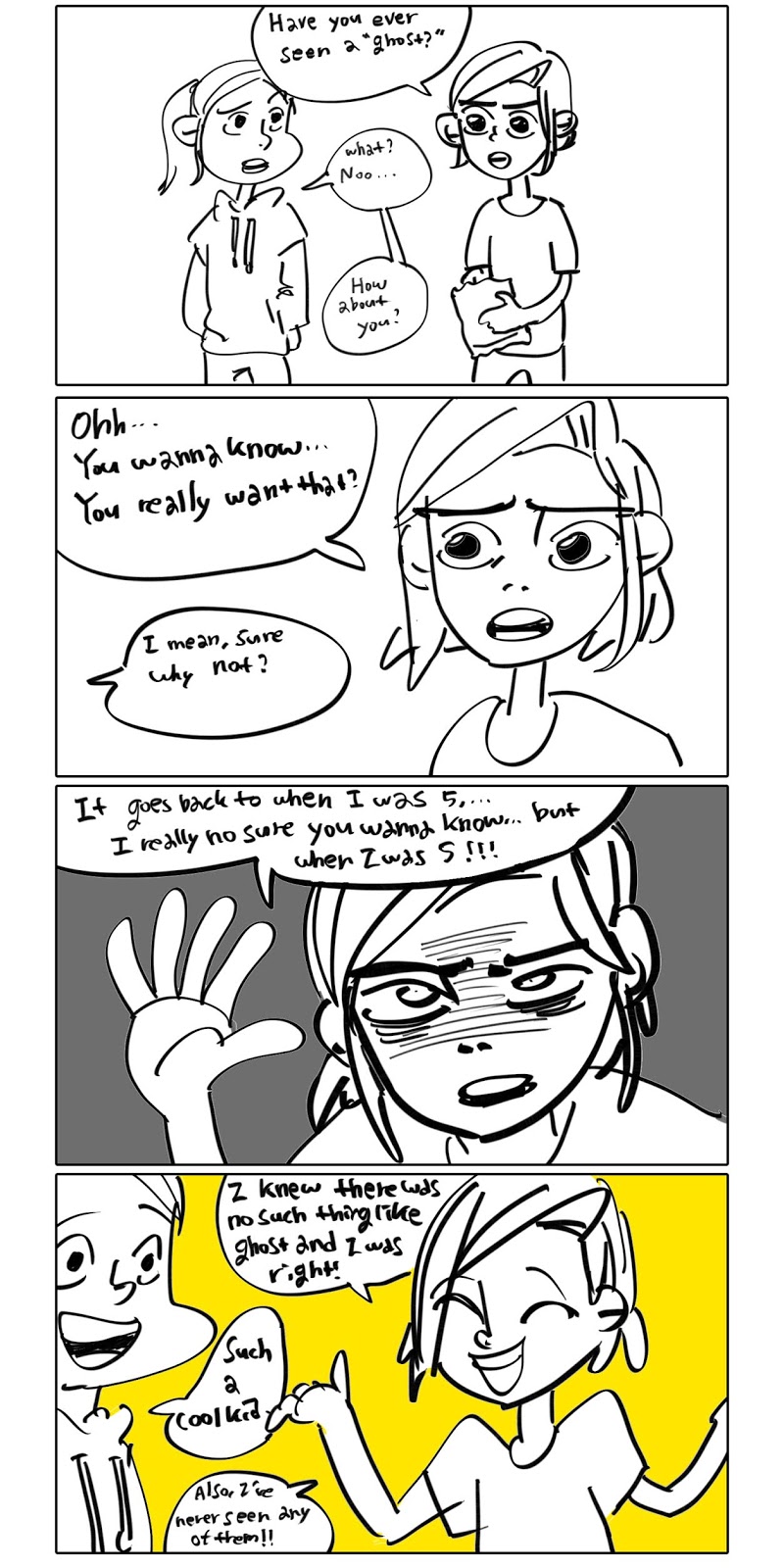Week 3: Cigarette Girl by Masahiko Matsumoto
Masahiko Matsumoto is the author of the book "Cigarette Girl" which is collections of manga from the 1970s. These stories come from the alternative comic movement named "Geika".
This book consists of 11 stories which show the normal life in the 1970s Japan. The thing this book captures me is this is not a story about superheroes or special people but just people around us and how they interact and feel from the interactions. This book tells the life of normal people and it remains me of recent Japanese manga which draws ordinary life like Atashin' Chi.
First I want to talk about the episode named "The heart of Shinjuku". The simple plot is that Yuki-Chan asked Kawa-chan to pretend that he is her husband to get her fourth abortion, and later Yuki-Chan marries with the man who made her pregnant and Kawa-Chan noticed that Yuki-chan's husband is a drunk and bad man even though Yuki-Chan said not.
I like the part when Yuki-Chan sings after her marriage. I do not know the name of that song but the lyric of that song simply symbolize Yuki-chan's heart to her real husband and it can also do the same thing to Kawa-Chan even though in this manga there was no description that Kawa-Chan loves Yuki-Chan. But he goes with Yuki-Chan whenever she asked. I cannot tell this is a bright story which I usually like, but there is a weird and sad feeling that catches me. Candidly, I think there are many young women like Yuki-Chan even now. Since there is no description of what they feel, I am not sure what Yuki-Chan think and even I cannot understand perfectly, but she chooses her fate which is marrying with that boy because she has a reason. At least, I want to believe that.
Short manga like this has its own power. Most of the manga that I read in my middle school years are usually long and at that time I thought all manga should be long and descriptive. Reading some Geika, it showed me that short manga can give the emotion. It comes out in 2009, but the stories are from the 1970s. The reason that this manga can be sold after 30 years is I think, it makes people sympathize. I think these mangas are mostly for adults, I would not understand the character's feelings if I read this 10 years ago. Even though 30 years pass, the life of an adult is not easy and there are always things you let it go.
The characters in this manga did not do crazy things like shonen manga. It is hard to tell they are passionate. They are just living grown-ups who have similar lives like us. Sometimes, they give up, they are not the richest people, and they do mistakes like Chi-chan from "The taste of Coffee". Their daily lives which we do know is the power of thing manga, I think.
This book consists of 11 stories which show the normal life in the 1970s Japan. The thing this book captures me is this is not a story about superheroes or special people but just people around us and how they interact and feel from the interactions. This book tells the life of normal people and it remains me of recent Japanese manga which draws ordinary life like Atashin' Chi.
First I want to talk about the episode named "The heart of Shinjuku". The simple plot is that Yuki-Chan asked Kawa-chan to pretend that he is her husband to get her fourth abortion, and later Yuki-Chan marries with the man who made her pregnant and Kawa-Chan noticed that Yuki-chan's husband is a drunk and bad man even though Yuki-Chan said not.
I like the part when Yuki-Chan sings after her marriage. I do not know the name of that song but the lyric of that song simply symbolize Yuki-chan's heart to her real husband and it can also do the same thing to Kawa-Chan even though in this manga there was no description that Kawa-Chan loves Yuki-Chan. But he goes with Yuki-Chan whenever she asked. I cannot tell this is a bright story which I usually like, but there is a weird and sad feeling that catches me. Candidly, I think there are many young women like Yuki-Chan even now. Since there is no description of what they feel, I am not sure what Yuki-Chan think and even I cannot understand perfectly, but she chooses her fate which is marrying with that boy because she has a reason. At least, I want to believe that.
Short manga like this has its own power. Most of the manga that I read in my middle school years are usually long and at that time I thought all manga should be long and descriptive. Reading some Geika, it showed me that short manga can give the emotion. It comes out in 2009, but the stories are from the 1970s. The reason that this manga can be sold after 30 years is I think, it makes people sympathize. I think these mangas are mostly for adults, I would not understand the character's feelings if I read this 10 years ago. Even though 30 years pass, the life of an adult is not easy and there are always things you let it go.
The characters in this manga did not do crazy things like shonen manga. It is hard to tell they are passionate. They are just living grown-ups who have similar lives like us. Sometimes, they give up, they are not the richest people, and they do mistakes like Chi-chan from "The taste of Coffee". Their daily lives which we do know is the power of thing manga, I think.

댓글
댓글 쓰기